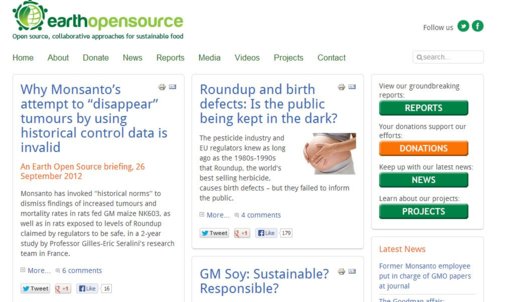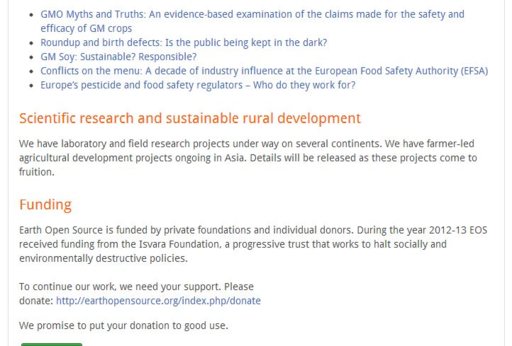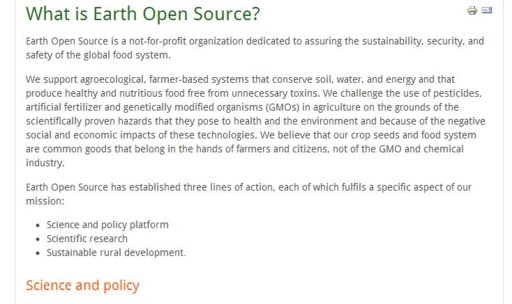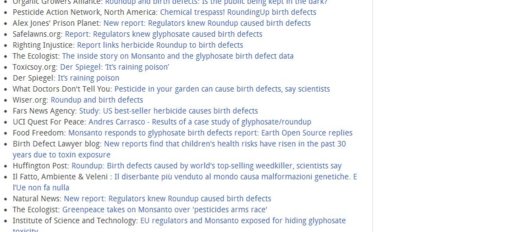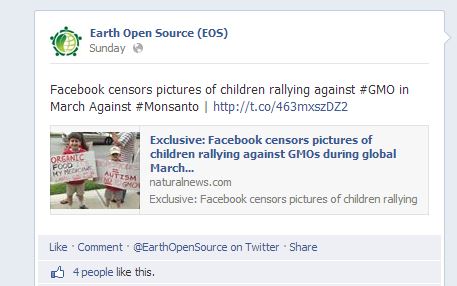Dave you must have missed this one
http://www.google.com/url?q=http://...jB8dPA&usg=AFQjCNHKepSjXiZrYUxY-2LnvzQBX4jNcw
The grain is most definitely being sold as a feed on the commodities market and is apparently causing enough cattle deaths, likely due to its altered chemical make up ( see comparison between non GMO grain and GMO grain ) that a number of law suits have been filed.
Also the recent French study ( 2 year study on rats ) that is being land blasted by the GMO giants clearly indicates there are some very serious side effects from eating not just BT corn, but RR corn as well.
Interestingly enough about 50 countries require labeling on GMO foods, including China.
http://www.google.com/url?q=http://...BLuzjg&usg=AFQjCNFncptEiXcBAZd8PRWE4GwpkjwWNQ
oh and someone mentioned bias sources, yup, but the GMO companies are bias as well, the FDA, course the politicians the FDA and the GMO companies are being influenced by huge profits and the labs and grass roots organizations are influenced by a desire to at least know whats in there food. So I'm not sure just how the two types of bias stack up. IMHO I'd rather not eat it and I've got a program on my thmat phone that tells me whats got or is highly likely to have GMOs in it. A smart consumer can find ways to avoid most of the worst. But post consumption GMO products like meet products which are extremely likely to have been fed GMO products and the associated alteration in the general health and well being of that animal your about to eat, is very hard to spot. Its relegated my personal choices to only grass fed organic meet products, or organic farm raised poultry ( which I serve mostly to the dog ) I'm lucky in that I can afford descent clean food. But for most of the world, these options simply don't exist.
One thing I will say about GMO foods is they should be labeled. They should absolutely be labeled.

